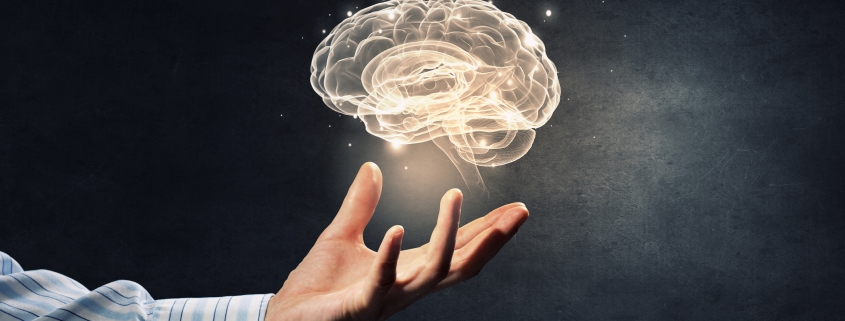If you have ever tried to quit a behavior that was negatively impacting your life, or create a positive new behavior that changes your routine, only to slip back into old habits within weeks, days, or even hours, you may have blamed your failure on a lack of willpower. Willpower refers to the ability to resist a tempting act or behavior, or to persist in a behavior that requires a great deal of effort, despite cravings or the comfort of familiarity urging you to give up. While this is a common human experience, it doesn’t seem to make sense that our brains are able to simultaneously desire two opposing actions. You want to stay sober, and you want to drink. You want to eat healthy, and you want to binge on chocolate. This battle of forces is referred to in psychology as cognitive dissonance, and the experience can be exhausting and depressing. For those battling addiction, feeling like you were somehow born without the willpower to make better choices can take a serious toll on your mental health and self-esteem. While willpower does play a role in recovery, research is finding that fighting addiction, or changing our own minds about anything of consequence in life, may require much more than the will to act.
Changing Your Mind
We are constantly making decisions, both big and small, and life often requires us to change our minds about those decisions immediately after they are made. For example, you may decide to hit the gas at a green light, only to switch your foot to the brake pedal to avoid hitting an animal that ran into the road less than a second later. Scientists who were curious about the intricacies involved in these kinds of split-second decisions conducted studies during which they monitored brain activity in real time as people, and monkeys, changed their minds. What the researchers found was that changing a decision after it has already been made requires extremely fast communication between various areas of the brain to correct the action before it takes place. It estimated that a decision would have to change within 100 milliseconds of the original command to successfully alter the course of action. If it takes you 200 milliseconds to notice that the step you are in the process of stepping onto is broken, you are likely to fall. The speed of this mechanism in the brain slows as we age, which may be why older people are more accident-prone.
For people experiencing addiction, this research may lead to answers regarding an addict’s inability to change their mind after they have decided to use substances. This specific challenge is why many people in early sobriety choose to avoid all triggers and exposure to drugs and alcohol to prevent relapse. Without the proper support, it can be easy to fall into old decision-making habits. For those in active alcohol addiction, saying “yes” to a drink may mean not being able to reverse the decision before the alcohol is consumed.
Willpower and Energy
Another interesting group of studies found that willpower is incredibly draining, which may be counterproductive when trying to accomplish a goal. While people who exercise a moderate amount of self-control in life tend to be healthier and more successful, exerting an excess of control over one aspect of your life may make achieving balance difficult, ultimately causing you to give up entirely. Additionally, willpower has been found to use the same energy stored for physical activity. This means that food and rest are needed to build the willpower to diet and exercise. This information can be frustrating, but learning how to accomplish goals or overcome addictions with tools other than willpower can bypass this predicament.
Willpower can be useful at times, and there are ways to improve self-control and strength of will. Willpower is strongest when you are mentally well, physically active, eating a nutritious diet, and emotionally stable. Unfortunately, for those struggling with substance abuse, many of these facets of wellbeing are neglected and deteriorating during active addiction. With this knowledge, it is easy to understand why addiction makes exerting willpower nearly impossible.
Making Willpower Work
For mentally and physically healthy individuals, willpower is a logical force to employ when working towards a goal. For those struggling with addiction and mental illness, however, it is unlikely that significant change or healing can be created with willpower alone. Professional treatment can provide you with the tools and resources you need to become well from the inside out so that you are once again strong enough to exercise self-control.
If you or someone you love is struggling with addiction and mental illness, now is the time to seek help. At Burning Tree Ranch, we specialize in long-term care that produces real results, especially for those who have experienced relapse. Here you will find a team of qualified and compassionate professionals, ready to help each client through a customized treatment program that addresses all aspects of addiction, including the identification of co-occurring disorders. We know that the journey towards recovery doesn’t end with the conclusion of an inpatient program, and therefore we provide extensive aftercare programs to best support our clients during their transition into lasting sobriety. We also know that addiction affects the whole family, and therefore loved ones are encouraged to participate in the recovery process and take advantage of all our support resources. For more information, call us today at 877-389-0500





